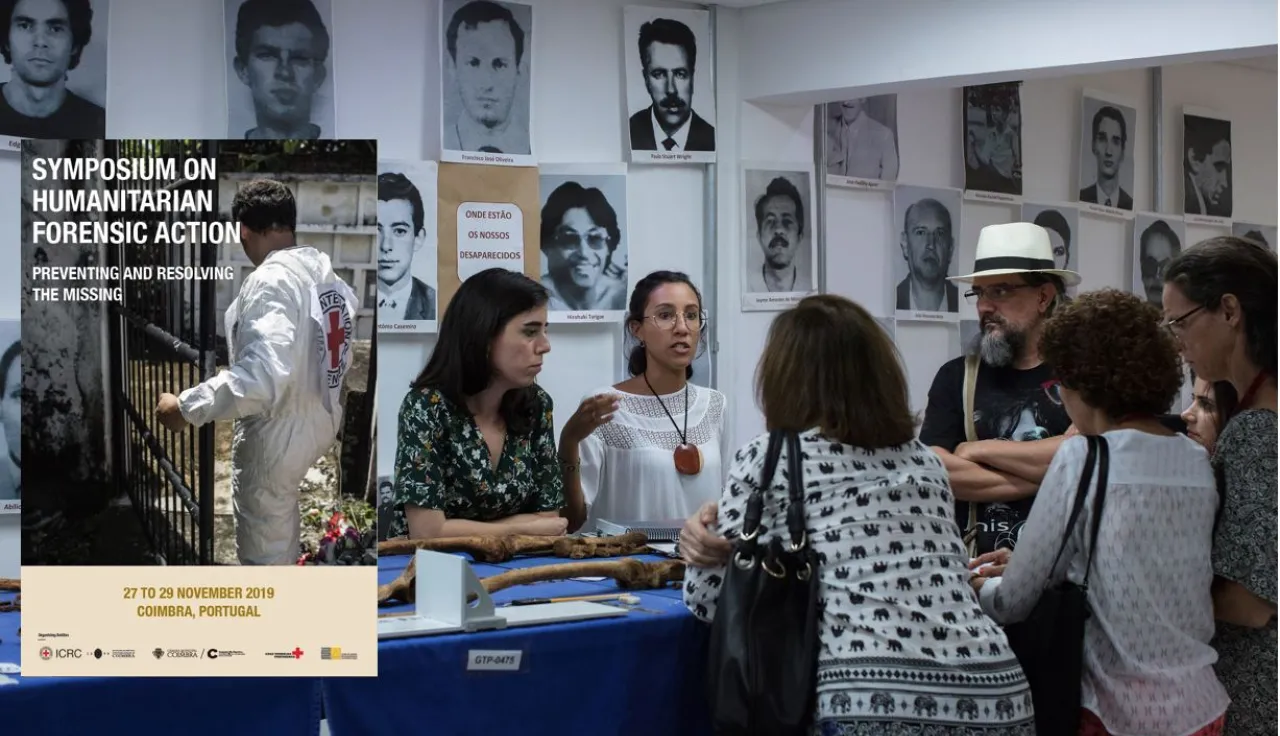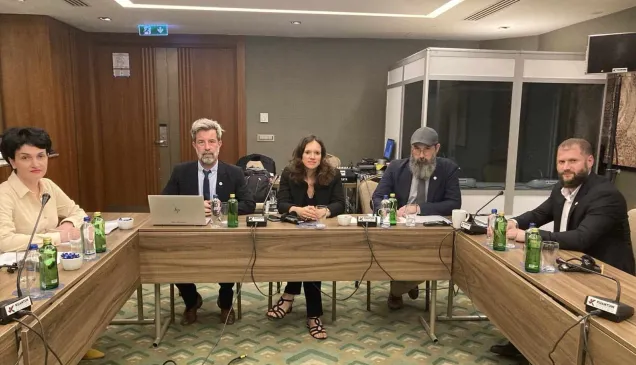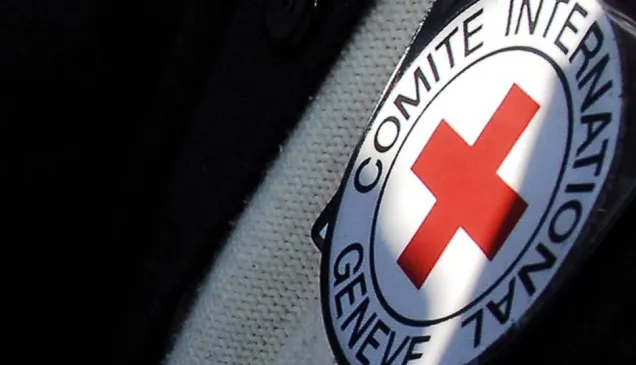How can forensic science help solve and prevent the Missing? International Symposium aims at providing answers

Coimbra, Portugal (ICRC) – The International Committee of the Red Cross (ICRC) is joining forces with the University of Coimbra in Portugal and the Portuguese Red Cross Society to co-organize a first-of-its-kind meeting on forensic science and its contribution to solving cases of missing persons and preventing people from disappearing. Up to 200 experts from around the world will meet to discuss various aspects and examples underlining the importance of forensic science for the missing and their loved ones.
"Forensic science is recognized today as an important part of any effort on the missing and humanitarian forensic action has emerged as a discipline that best captures the necessary forensic knowledge and skills," says Peter Maurer, President of the ICRC, in a statement for the event. "Families have played a vital role in the development of forensic science, in particular the Abuelas de Plaza de Mayo, who have effectively pioneered the development of humanitarian forensic action," adds Peter Maurer. The symposium is paying tribute to the president of the Abuelas' organization, Estela Barnes de Carlotto, for this important contribution to the resolution of missing persons cases and prevention of people going missing.
"The first need of families is to know, and in this respect forensic science can contribute greatly to provide clarity about the whereabouts of missing person in case the searched person is dead," explains Caroline Douilliez, head of the ICRC's Missing Persons Project. "This event is important to take stock of what has been achieved so far, but as well to identify the gaps in order to address future challenges in terms of missing persons and humanitarian forensic action posed by contemporary conflicts or migration."
Against this background, the ICRC, in partnership with the University of Coimbra and the Portuguese Red Cross society, has decided to convene this international event. "We are delighted and honoured to host this Symposium, the first of its kind, underlines Pr Duarte Nuno Vieira, from the Faculty of Medicine of the University of Coimbra. It will bring together some of the founders, leading experts, researchers and practitioners in the field of humanitarian forensic action from around the world, as well as representatives of families of the missing, jurists, researchers in social sciences and artists. All will meet with the aim of sharing lessons learned, identifying challenges and proposing solutions towards principles and guidance for forensic practitioners and decision-makers."
The event in Coimbra is part of ICRC's Missing Persons Global Response, a four-year initiative to create a global community of practice and common technical standards to better tackle the issue of missing people and support their families. The meeting in Coimbra follows workshops hosted in Antigua, Guatemala, in May, Sarajevo, Bosnia and Herzegovina, in July, and Dead Sea, Jordan in September, as well as Nicosia, in Cyprus in October. The workshops focused on various issues and challenges such as collecting and sharing information about missing migrants, supporting the families of the missing and organising the search for missing persons.



